|
In today's society, traditional education systems are no longer sufficient to equip students with the skills necessary to tackle the challenges of the future. As a result, innovative teaching methods are becoming increasingly important for educators looking to provide a more dynamic and personalized approach to learning. These methods engage students in the learning process, promoting critical thinking, creativity, and problem-solving skills, and cater to diverse learning styles.
The new edition of the course “Non-Formal Education Teaching Methods and Strategies” took place in Bologna from 17/04/2023 to 22/04/2023. The participants came from all across Europe, with 3 participants coming from 2 differents schools in Latvia : Marina Smirnova, Marianna Tretjakova from Secondary school Rezekne and Inguna Simane from Latvian Maritime academy, Ben Nowé and Liesbeth Francken from UCLL University of Applied Sciences in Belgium, Siw Stensrud Jerve and Kaja Rikstad from Røyken Vgs in Norway. At first, we started exploring Visual Strategies. Using art and creative thinking in making collages or drawing some topics. Visual strategies can help students better understand complex concepts and retain information more effectively. We also used gamification, an innovative tool that encourages teamwork and interactive learning. By incorporating game design elements into education, students can develop problem-solving, decision-making, and collaboration skills while promoting positive habits and behaviors. Gamification also provides real-time feedback on student progress and performance. These tools show the power of Non formal education. Indeed, learning by doing is one of the most efficient ways to learn and retain information in the long term process. Rather than simply learning abstract concepts, Project Based Learning encourages students to investigate real-world issues and explore them in a variety of ways starting from a topic question and trying to investigate real world issues. Analyzing the principles of PBL, the participants of the course had the opportunity to collaborate and learn different strategies for an immersive and interactive environment for PBL. Finally, we used an ICT Tool where the participants could play a scavenger hunt to discover the city center of Bologna. They had the opportunity to see how Outdoor Education works in a dynamic and fun way. It enhances environmental and personal awareness: spending time in nature can help students develop an appreciation for the natural world and reduce stress. It can also provide students with a sense of accomplishment and develop personal growth as they overcome challenges and push themselves out of their comfort zones. In conclusion, the participants have shown a great enthusiasm and dedication towards learning about innovative teaching methods during the whole week. They discovered and practiced a wide range of tools, from project-based learning to non-formal education, outdoor education, and ICT methods. The participants have learned from each other, sharing their experiences and ideas, and creating a collaborative learning environment. They will return to their respective countries with a new understanding of how to incorporate innovative teaching methods into their lessons and have the students participate more actively. |
Welcome to the ELA Blog. Here you will find articles and photos of our courses and have a look at the topics addressed during the week in Bologna, Palermo and Tenerife. You will also have the chance to take a peek at our projects and check out what we have been up to.
Archives
July 2024
Categories |
-
Course catalogue
- 2023-2024 course catalogue
- Soft Skills >
- ICT and New Technologies >
- Inclusion and Diversity >
-
Innovative Teaching Methods
>
- Innovative teaching methods discovery
- Non-formal education teaching methods
- Dual education and work-based learning
- Teaching leadership and entrepreneurship
- Project based learning
- Game based learning and gamification
- Green skills
- Outdoor education
- Outdoor education trekking edition
- Promoting creativity and critical thinking
- Languages and EU projects >
- Preschool >
- Erasmus Plus KA1
- What we do
- About us
- Locations
- Blog
- Contact us
 English
English български
български Čeština
Čeština Español
Español Français
Français ελληνικά
ελληνικά Italiano
Italiano Polski
Polski Português
Português Română
Română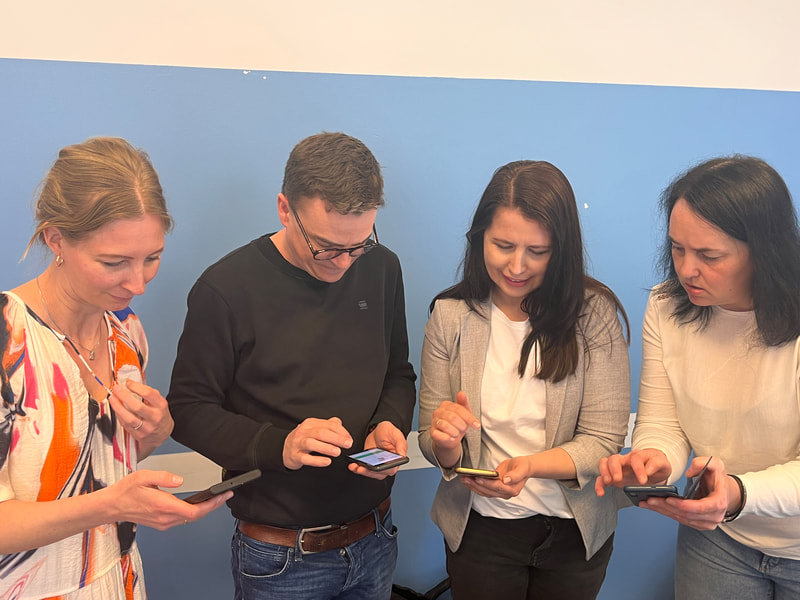
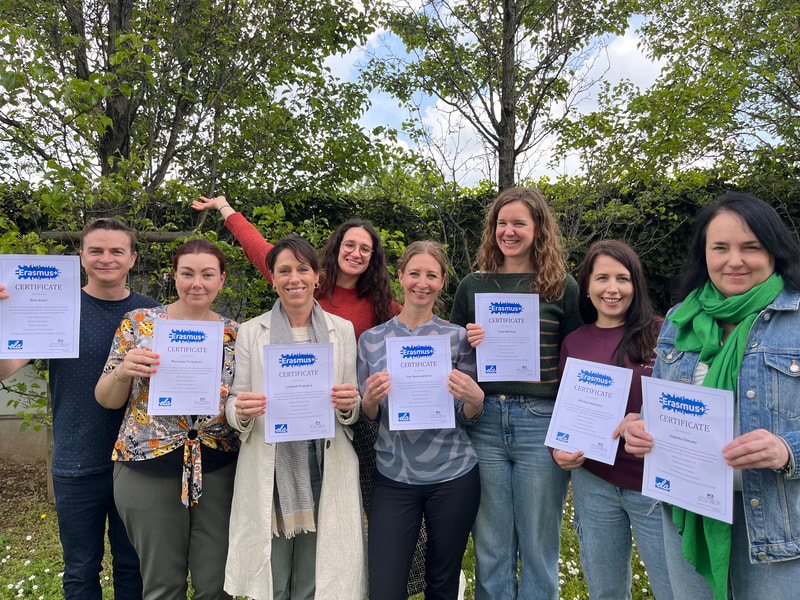
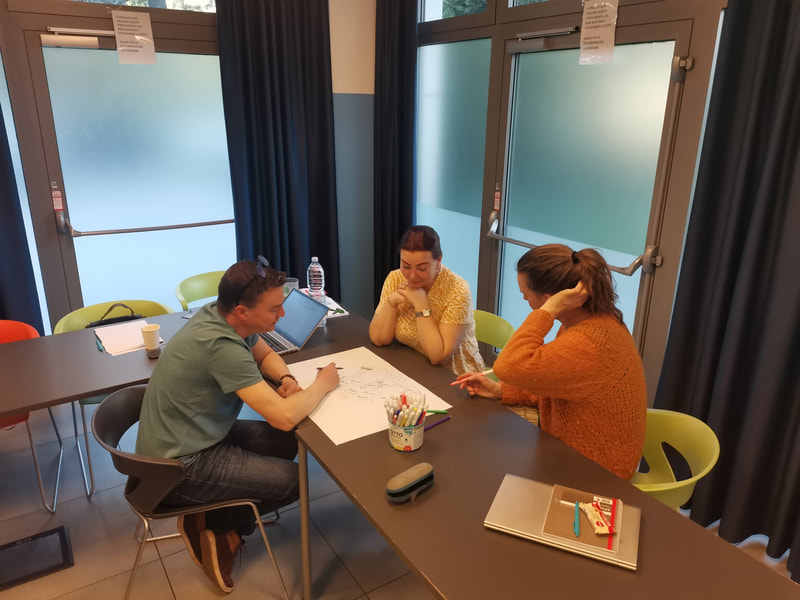
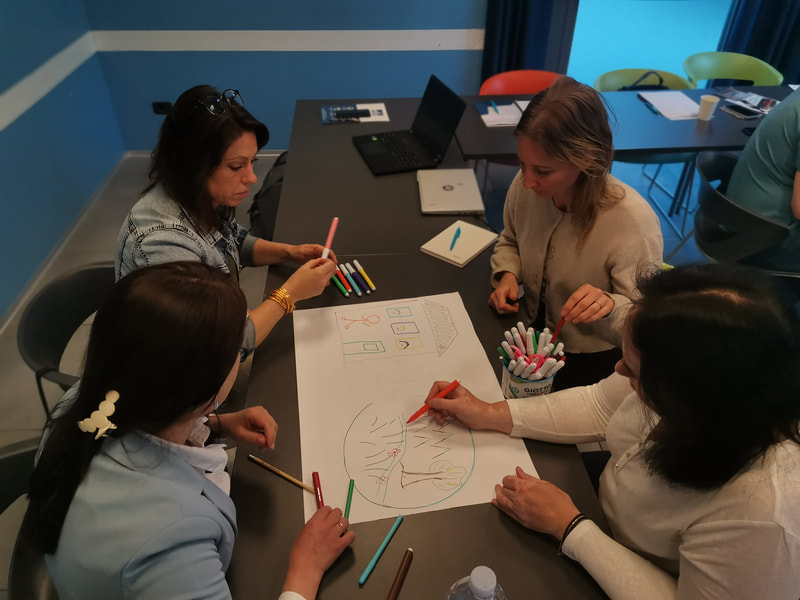
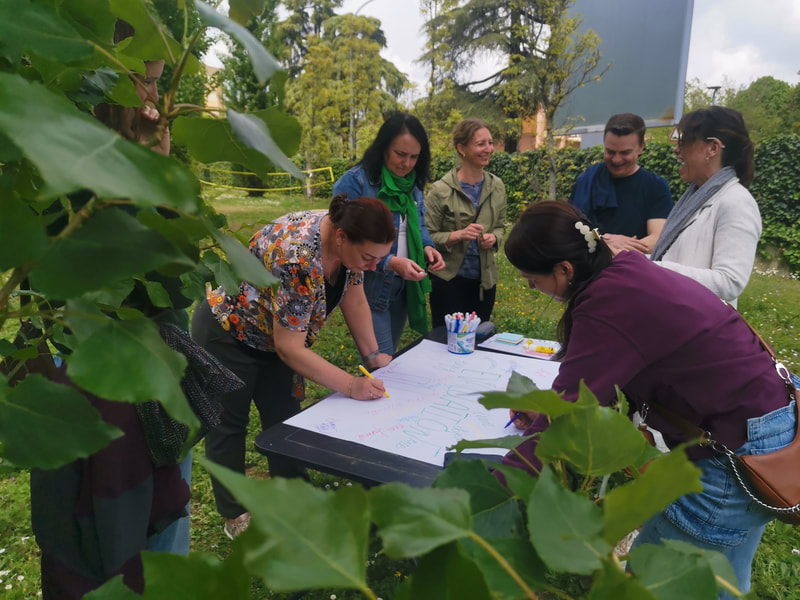
 RSS Feed
RSS Feed









